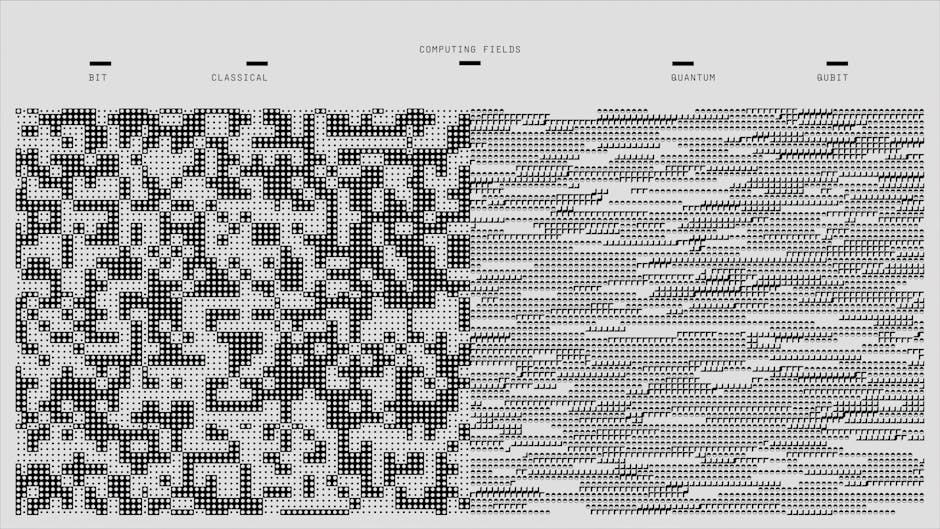Bihar Labourer Charge-sheeted By NIA For Conspiring With LeT, Other Terror Outfits
In a significant development in the fight against terrorism, the National Investigation Agency (NIA) has filed a charge sheet against a Bihar-based labourer for allegedly conspiring with Lashkar-e-Taiba (LeT) and other terror outfits. The accused, identified as Mohammad Alam, was arrested earlier this year following an extensive investigation into his suspected involvement in anti-national activities. This case has once again highlighted the persistent threat of terrorism and the sophisticated networks operating within the country.
Key Allegations Against Mohammad Alam
According to the NIA, Alam, a resident of Bihar’s Katihar district, was found to have been in close contact with operatives of Lashkar-e-Taiba, a Pakistan-based terrorist organization banned in India. The agency alleges that Alam was actively involved in recruiting individuals for terror activities, providing logistical support, and facilitating the movement of funds and materials for these outfits. His role, though seemingly modest as a labourer, was crucial in the larger scheme of operations orchestrated by these terrorist groups.
Extensive Network Across Multiple States
The investigation revealed that Alam was part of a larger network that spanned across multiple states, including Bihar, Uttar Pradesh, and Jammu & Kashmir. The NIA claims that he was in touch with handlers based in Pakistan, who were guiding him on how to radicalize and recruit young Indians into the fold of terrorism. The agency also recovered incriminating evidence, including mobile phones, SIM cards, and documents, which allegedly contained detailed instructions and plans for carrying out terror attacks.
Use of Social Media for Coordination
One of the most alarming aspects of the case is the use of social media and encrypted messaging platforms to coordinate activities. The NIA stated that Alam and his associates used these platforms to communicate with their handlers and to spread propaganda aimed at radicalizing vulnerable individuals. This highlights the evolving tactics of terrorist organizations, which are increasingly relying on technology to evade detection and carry out their operations.
Charges and Legal Implications
The charge sheet, filed in a special NIA court in Patna, includes charges under various sections of the Unlawful Activities (Prevention) Act (UAPA), the Indian Penal Code (IPC), and the Arms Act. If convicted, Alam could face severe penalties, including life imprisonment. The NIA has also indicated that further investigations are ongoing, and more arrests could be made in the coming weeks.
Broader Implications for Counter-Terrorism
This case has sparked a broader debate about the challenges of counter-terrorism in India. Despite significant efforts by security agencies, the continued presence of sleeper cells and the radicalization of individuals in remote areas remain a pressing concern. Experts have called for a multi-pronged approach that combines intelligence gathering, community engagement, and deradicalization programs to tackle the root causes of terrorism.
Importance of Vigilance at the Grassroots Level
The arrest and charge-sheeting of Alam also underscore the importance of vigilance at the grassroots level. Local communities and law enforcement agencies must work together to identify and neutralize potential threats before they escalate. The NIA has urged citizens to report any suspicious activities and to remain alert to the dangers posed by terrorist organizations.
Conclusion
As the case moves forward, it serves as a stark reminder of the ongoing battle against terrorism in India. While the arrest of individuals like Alam is a significant victory, the fight is far from over. The NIA and other security agencies must continue to adapt to the changing tactics of terrorist groups and ensure that the country remains safe from such threats.
For now, the charge sheet against Mohammad Alam marks a crucial step in dismantling the networks that seek to destabilize the nation. It also reinforces the need for continued vigilance, robust intelligence mechanisms, and a united effort to combat the menace of terrorism.
Stay tuned to NextMinuteNews for further updates on this developing story.




